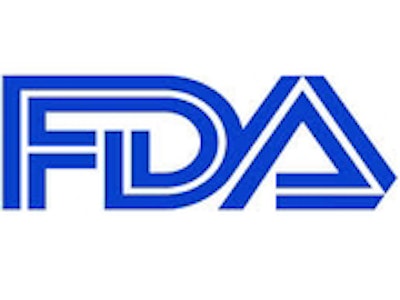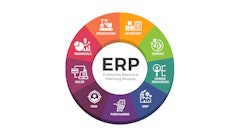
The U.S. Food & Drug Administration (FDA) releasing the FSMA Operational Strategy document this week, outlining broadly the drivers of change in FDA’s approach to food safety and the operational strategy for implementing that change, as mandated and empowered by the FDA Food Safety Modernization Act (FSMA).
The next phase of FSMA implementation, in addition to continuing to develop rules and guidance documents, involves developing approaches to achieving industry compliance with the new public health prevention standards, once they are in effect, and implementing a modernized strategic and risk-based industry oversight framework. It is this new oversight framework that serves as the basis for FDA’s Operational Strategy document. The Operational Strategy will focus on how FSMA will advance public health by focusing on prevention, voluntary compliance, risk-based oversight, and expanded collaboration across the food safety community. It will be a launching pad for all food safety efforts moving forward.
The agency has to design methods to promote widespread voluntary industry compliance with the new rules, as well as establish preventive/public health-focused inspection and sampling programs to oversee compliance. In addition, the FDA is developing effective enforcement strategies to be deployed when producers, processors, distributors and importers fail to comply on a voluntary basis.
“Hundreds of thousands of growers and processors worldwide are producing food for the U.S. market, using increasingly diverse and complicated processes, managing complex and extended supply chains, and making millions of decisions every day that affect food safety,” according to the document. “The burgeoning scale and complexity of the food system make it impossible for FDA on its own, employing our historic approaches, to provide the elevated assurances of food safety envisioned by FSMA and needed to maintain a high level of consumer confidence in the safety of the food supply.”
The FDA document said the that food safety depends “primarily on the food industry.” Food industry managers must commit to implement science- and risk-based preventive measures and manage their operations and supply chains to prove that appropriate measures are being implemented.
To read more, click HERE.


















